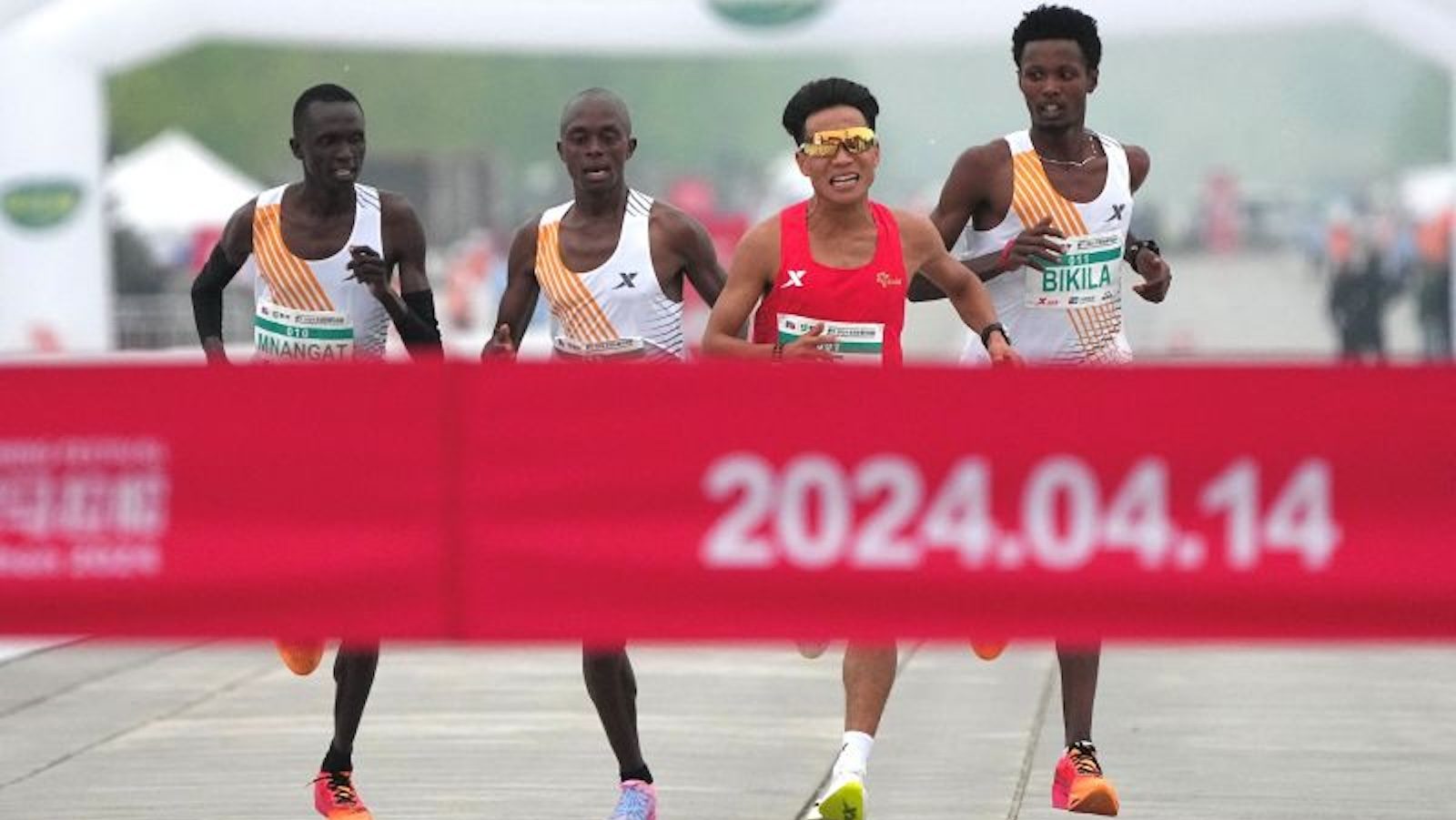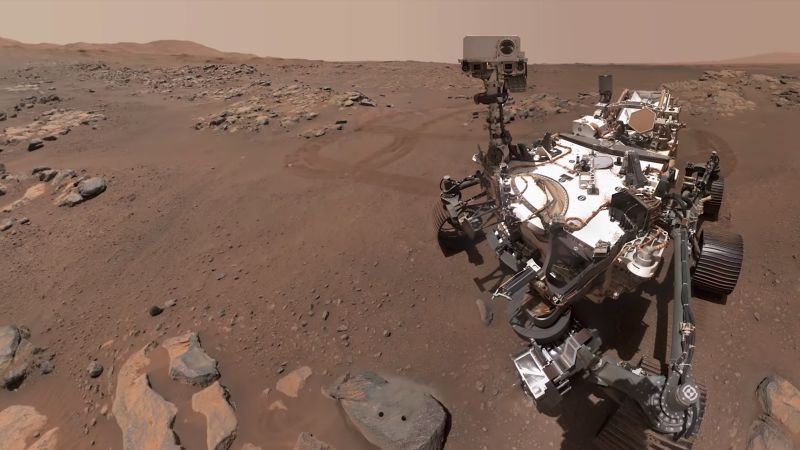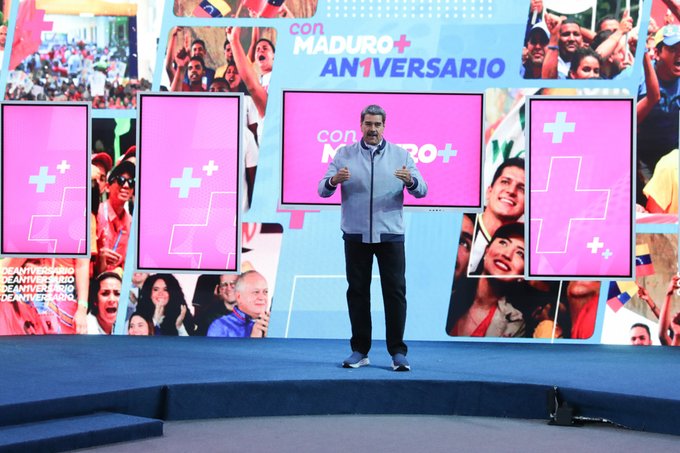During the 61 years of its existence, the Magón Prize, the highest award given by the State of Costa Rica to a citizen for a life devoted to creativity and research, has honored 64 people. Of these, five were of science-related ethics. One of these five people was named on March 21st.
Today, Doctor of Microbiology José María Gutiérrez Gutierrez holds this distinction. For more than 40 years, his work with antivenom sera at the Instituto Clodomero Picado (ICP) of the University of Costa Rica (UCR) has saved the lives of people bitten by snakes. Today the ICP vaccines are having an impact in the countries with the biggest problems: Nigeria, Burkina Faso, Mali and South Sudan, among others.
His administration of science diplomacy allowed, in 2017, the World Health Organization to add snakebite to its list of neglected diseases.
This work, which continues today at the age of 68, highlights the fact that science, with its diversity of branches, is inseparable from culture.
There is an article by Charles Snow, an English writer, entitled the two cultures, who expressed concern that science was being separated from more humane or artistic culture and called for building bridges. Many of those bridges are still suspended. Science is an activity to create knowledge, it is creativity. The award helps with this, ”he stressed.
Gutierrez received Nation After hours on the call — on his home phone, because he’s resistant to cell phones — he interrupted his morning reading at his home in San Francisco de dos Rios. He was informed by the Minister of Culture and Youth, Nauribe Guadamuz.
“I knew they nominated me, but it is an award that many people deserve. It was a great joy, and it means a lot,” he said.
He celebrates this news with his wife of 43 years, Irma Arguedas Negrini, and with his children, Mauricio and Alberto. His brothers Estela and Joaquín are also remembered at this time.
date with Nation Meticulous, at 2pm he went out to open the door and was greeted by his dog Canela of 15.
This is an excerpt from the conversation.
What was the first thing you thought of when you heard the minister’s voice?
“This recognition is given to a very large group that has been concerned for many decades in Costa Rica with the problem of snakebite poisoning.
It is an issue that this country has developed self-culture, self-science, and self-technology to understand and solve. They recognize a long-term Qatari project. We have shown that with internal science and technology, we can face and solve the problem of society.”
Scientists who got Magon can be counted on the fingers of one hand, so what does this mean?
“It shows that science has that creative element that plays a fundamental role. We should try to build more bridges between those who are dedicated to science and technology and other branches of culture. We hope that this award will be beneficial for that.
“We have a very big job in this country in ensuring the appropriation of science as a culture. Stop seeing science as a space occupied only by professionals and consider it something that the whole of society should belong to.
See science as a social good
“Yes. And it is a huge undertaking because it involves improving science education and improving science communication and the national community in general.
“To the extent that a country achieves that science is appropriated by society, science will contribute more to creating social environments that are more equitable, more supportive, with greater respect for diversity and rational support in political decision-making. Or otherwise, based on evidence.
“The fact that science permeates the entire culture is an absolutely outstanding task.”
Bringing science closer to the people without it being seen as something rude and inaccessible, except for a few
“There is an approach that was made by Carl Sagan, the famous astronomer. He says that science has two components: amazement and skepticism.
“Amazement, for me, means admiration for how wonderful reality is. It allows for a greater enjoyment of life. Skepticism is the critical view of reality, and this constitutes, from the perspective of culture, an essential element. Especially today, when it overwhelms us False newsbecause of dogmas, because of ideas of an irrational nature, but also because of hatred, intolerance of other people’s opinions, or political approaches that are not based on evidence.
And to this every science must contribute
“Yes, although I was closer to the health and natural sciences, science must be conceived in the broadest sense. The social sciences are very important. We have a series of social problems that require scientific knowledge from society. The complexity of the phenomena of society cannot be divided into compartments or watertight.
“Look at snakebite: it’s a biological problem, it’s a biomedical problem, it’s a technological problem, but it’s also a social problem. It’s a public health management problem, it’s a historical problem. It also invokes the humanities. It brings together a lot of disciplines. We just can’t get along. Tightly, we must build bridges.
The pandemic reminded us of that
“Exactly. He told us that a problem like this needs to be approached in an interdisciplinary and transdisciplinary way, with learning between different domains.”
This will also help the emergence of new scientific professions. How was your case? Motivation from home, your curiosity?
“I was fortunate to grow up in a home that was full of encouragement in every way: love, affection, and stimulation. Thanks to that, I was able to develop my interests.
“Since school I was interested in science. When I entered UCR, in 1972, I realized that the Faculty of Microbiology was a very dynamic research center. My dream was to become a scientific researcher. There I found the right environment.
“In the middle of my degree, I applied to enter ICP as an assistant. This is where I fell in love. Not only for the scientific and technological aspects, but also for all the social projection that allowed us to contribute to the solution of social problems.”
And that now helps the most vulnerable, where the problem is greatest
“Now we come to Sub-Saharan Africa. It is the projection of knowledge where one lives and suffers the most. This affects very poor and very vulnerable sectors.”
“In Costa Rica we have a scientific system that has developed vaccines. A public health system with highly qualified professionals all over the country. We have a vaccine all over the country. A person who has been bitten by a snake in Costa Rica will have competent professionals to treat him. We have communities that know what to do in case “The bite and they know they have to get to a health center quickly. This health system needs to be defended.”
Has this system been weakened?
We face confrontation, sometimes explicit, other times implicit. Public institutions have been weakened, they are necessary to ensure justice. We must strengthen them, especially the Costa Rican Social Security Fund (CCSS) and public universities.
What did snakes teach you?
I go with the One Health concept. It envisions integrating human, veterinary, and ecosystem health.
Snakes are another component of this ecosystem that needs to be known, taken care of, and learned how to live with. And by knowing them and knowing how to mitigate the damages of the interaction. They are not enemies. If we knew how they are, where they live, it would be easier and less harmful to coexist.
What motivates Magon?
It is a great honor, but it tells me that I have to do my best as I can to contribute to the country in the fields of science, higher education, social projects and culture in general. You’ve been retired for four years, but that doesn’t mean your life purpose has changed. I continue to develop my projects in ICP, at UCR. I want to continue giving back to culture through science.

“Social media evangelist. Student. Reader. Troublemaker. Typical introvert.”




:quality(85)/cloudfront-us-east-1.images.arcpublishing.com/infobae/IZGMTM4T7JHF3DLAFCGUCBA7EY.jpg)

More Stories
CSIC and fifty organizations reject private databases that define global science Sciences
Live, Good Morning, Javi and Mar!, It's Not Science but It Works – Good Morning, Javi and Mar!
UNAM experts warn of lack of attention to the climate crisis on presidential candidates' agendas